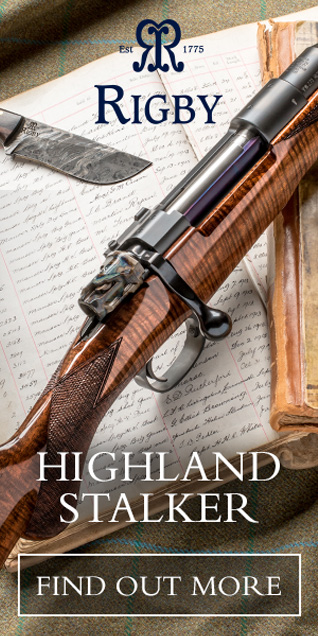This month I bougt a gun I probably should not have and I declined a gun I was very tempted by; wisely, forcing head to rule heart.
The former was a Boss hammer pigeon gun with badly pitted barrels, the latter this Stephen Grant 20-bore sidelock non-ejector, which was out of proof and in need of a lot of work.

In Britain it is illegal to offer for sale an out of proof gun. Once the bore becomes enlarged beyond the allowble proof tolerancess (generally 10 thousandths of an inch bigger than when last proof tested), it is legally 'out-of-proof' and cannot be sold. It cannot even be sold to a firearms dealer to restore. The barrels must, by law, be cut to ensure that the only restoration possible is by sleeving.
Thus, the little Grant sidelock was listed in Holt's sealed bids cataloge as:
THE STOCK, ACTION AND FORE-END ONLY OF A STEPHEN GRANT 20-BORE SIDELEVER SIDELOCK NON-EJECTOR, serial no. 5650, for 1886, barrels originally engraved 'SIR JOSEPH WHITWORTH'S FLUID PRESSED STEEL', the rib with 'STEPHEN GRANT. 67A ST. JAMES'S STREET. LONDON.' and '2',carved fences, automatic safety with gold-inlaid 'SAFE' detail, slight;y protruding tumbler pivots, action incorporating H. Holland and J. Robertson patent barrel cocking action, with cocking levers working alternately to reduce stiffness in operating (the right cocking on opening, the left on closing), patent no. 23 of 1883, fine acanthus scroll engraving, 14 3/8in. figured stock including 2 3/4in. wooden extension.

This Holland & Robertson patent is not all that unusual in Stephen Grant side-locks,. I have had a number in the past. In fact, some early Holland & Holland 'Royals' worked on this principle of one lock cocking on opening and one on closing. It is a pretty, reliable and mechanically efficient design. Being an 1880s Stephen Grant, the quality is first rate.

I was so tempted to get involved in this one. The lack of ejectors is actually a positive. So many ejectors from this period are awful, or worn out. Their absence makes the gun more reliable and less complicated. Despite being filthy and neglected, the metal work was actially not badly worn and would respond to a sensitive clean-up.

However, with the gun being sold as a'stock, action and forend only', I knew sleeving was required and that immediately adds £2,500 to the cost, even at trade prices, with me calling in a few favours. So, even if I got the gun within the £150 estimate, with Holt's fees added I was already getting close to £3,000 before it would be shootable.

Add to that cost the necessary for engraving details, blacking, stripping, cleaning and polishing, plus some minor welding and filing to tidy-up minor damage to the forend iron and it is getting to look expensive.

Sleeving would, actually work well, as the barels are not Damascus, they are Whitworth fluid-presssed steel and, if done properly, would look identical to the originals, with the seam invisible and the blacking perfectly matched.
Probably, what ended the speculation for me was the very short stock. It already has a 2 3/4" wooden extention and to get to 14 3/4" would need more. The fact that the wood was dirty did not bother me. The chequer, though filled, was clearly visible under the grime and would clean out comfortably. The drop-points were still nicely defined, underscoring my observation that the gun had been neglected, rather than used hard and worn-out
Had the barrels been in this state but the stock original and sufficiently long, or the stock as it is but the barrels recoverable, I would probably have got involved, as I see potential in the gun. However, in the cold light of day, even with best work done in every area, the result would be a sleeved non-ejector with a long extention on the stock and it would cost around £4,000 to get it into retail condition. That investment would call for a sale price of £5,000 to make it worthwhile.
I just don't think it flies as an economically viable project, which is a shame.
NOTE: Following the sale, a gentleman got in touch to say he had bought the gun (for around £600) because he had the other one that made the pair.

Published by Vintage Guns Ltd on (modified )




